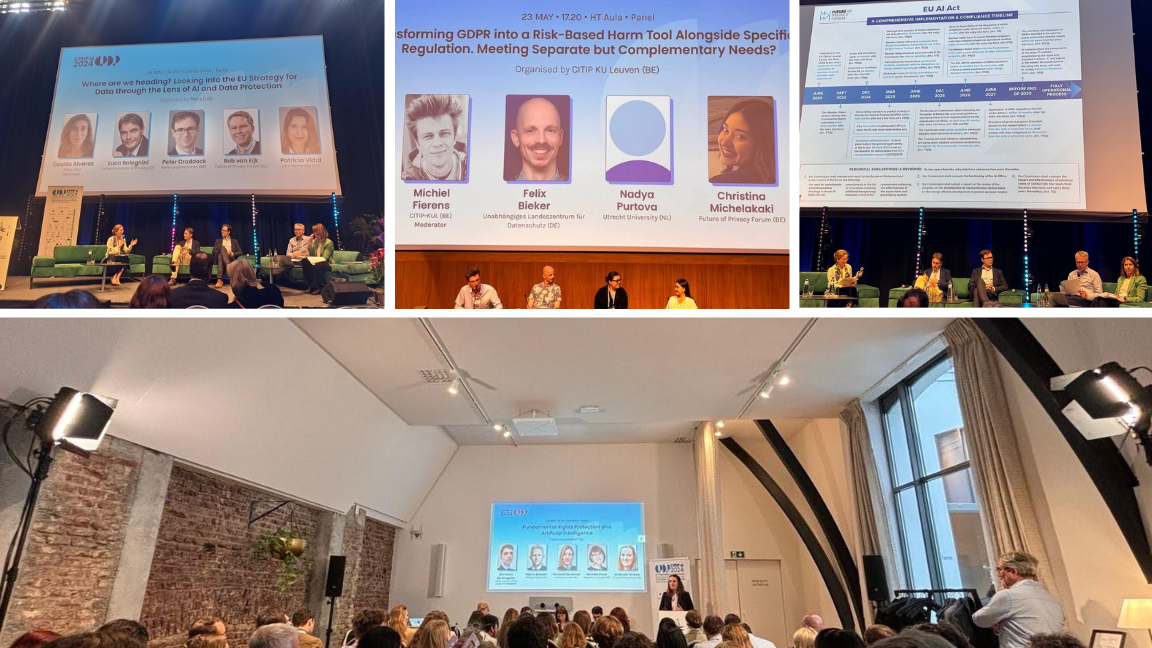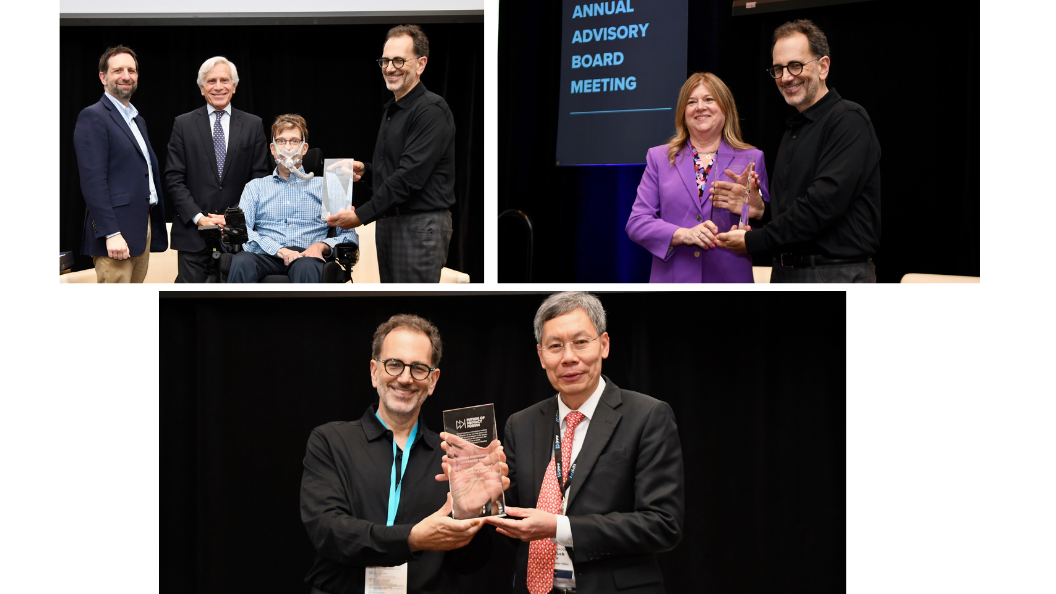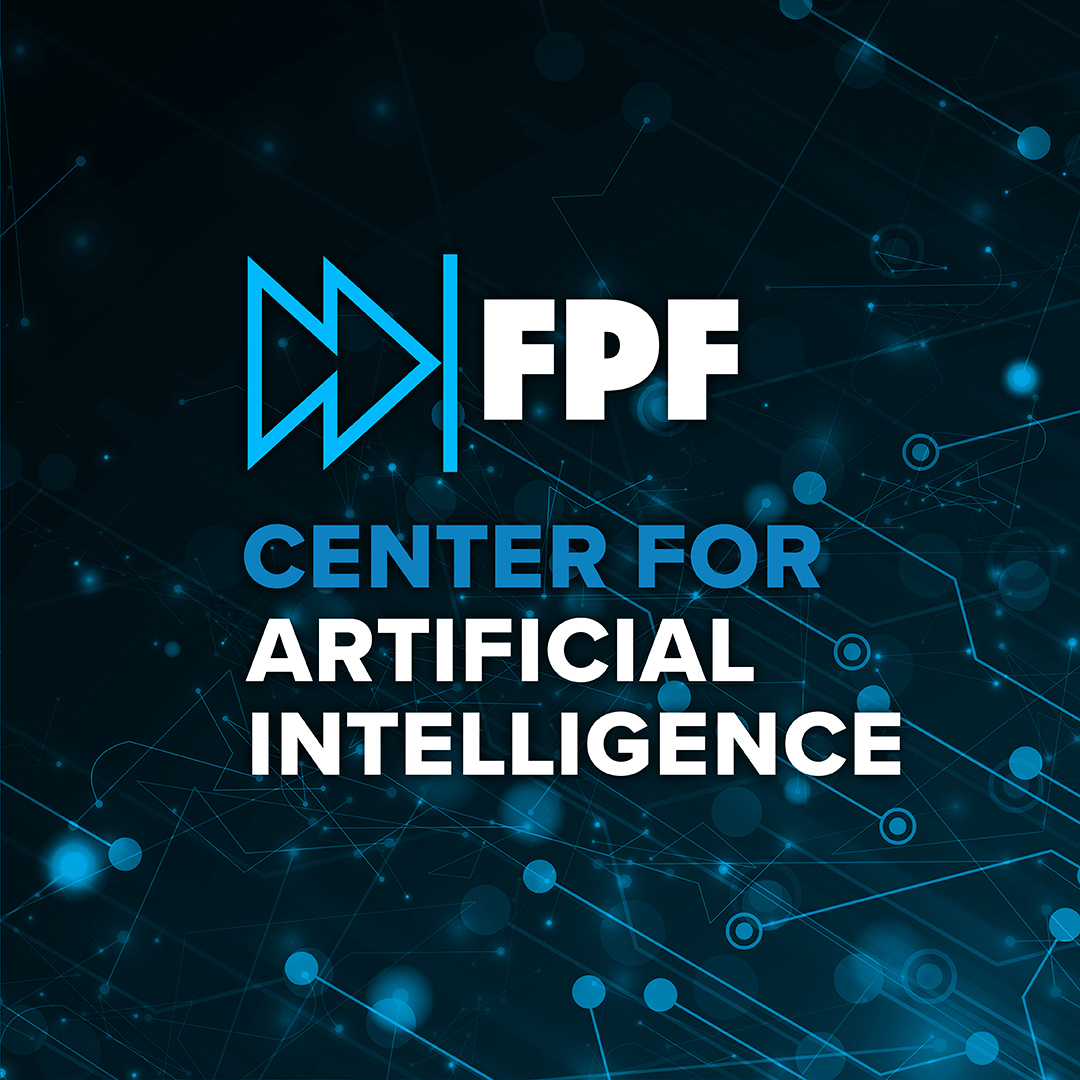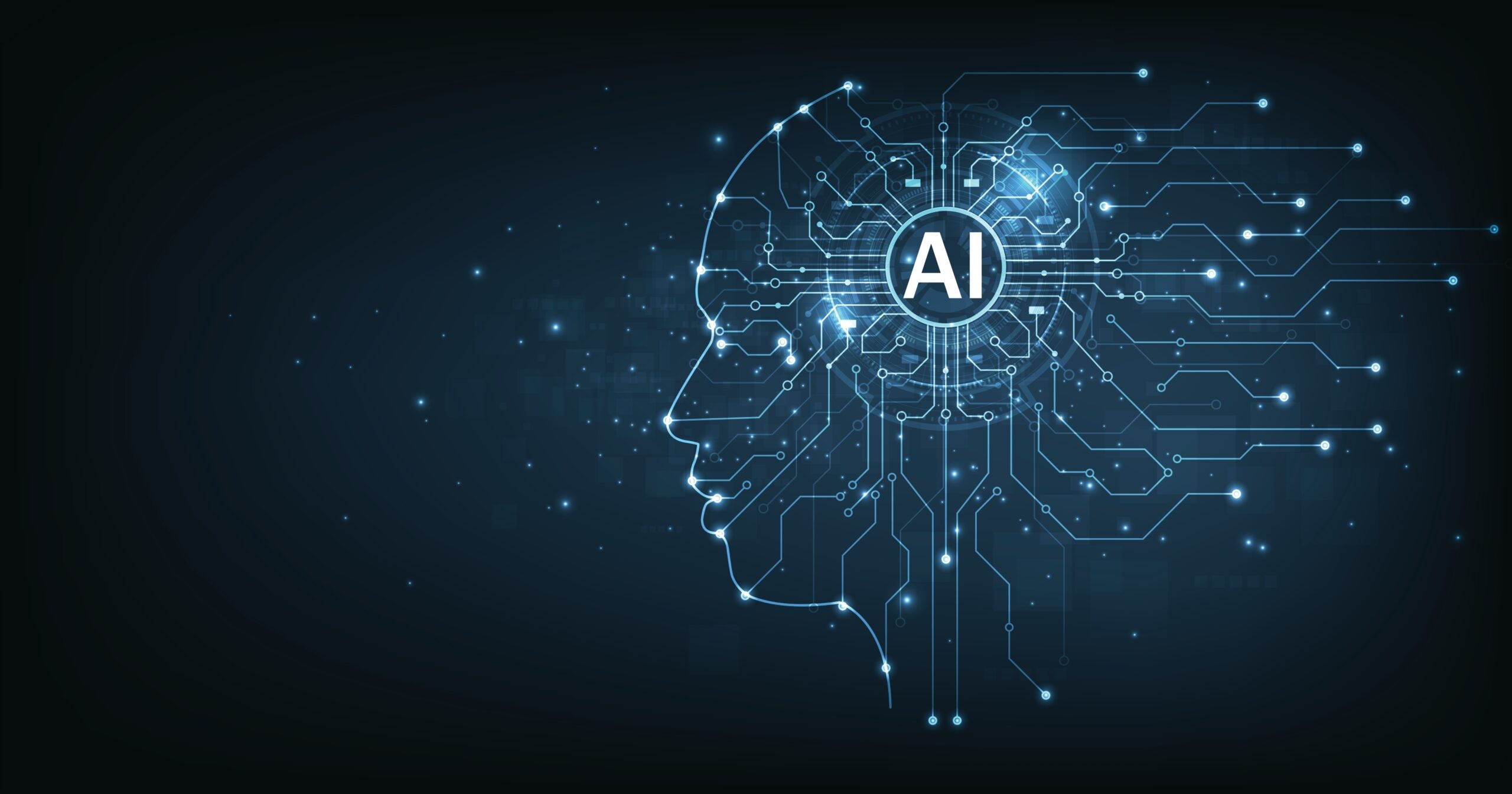
The World’s First Binding Treaty on Artificial Intelligence, Human Rights, Democracy, and the Rule of Law: Regulation of AI in Broad Strokes
The Council of Europe’s (CoE) Framework Convention on Artificial Intelligence and Human Rights, Democracy, and the Rule of Law (Framework Convention on AI) was adopted on 17 May 2024, after two years of drafting and negotiation. This is the world’s first binding treaty on AI, focusing on protecting human rights, democracy and the rule of […]

FPF at CPDP.ai 2024: From Data Protection to Governance of Artificial Intelligence – A Global Perspective
Drawing inspiration from the latest developments in assessing the impacts and regulation of Artificial Intelligence (AI) technologies, the Brussels-based annual Computers, Privacy and Data Protection (CPDP) conference amended its acronym. The 17th edition became CPDP.ai for Computers, Privacy, Data Protection and Artificial Intelligence conference, taking place on 22-24 May. To govern or to be governed, […]

Future of Privacy Forum Recognizes Leading Careers in Privacy and Efforts in AI Regulation with Inaugural Global Award
June 11, 2024 – Last week, the Future of Privacy Forum (FPF) – a global non-profit focused on data protection headquartered in Washington, D.C. – presented the Government of Singapore with the inaugural Global Responsible AI Leadership Award for the country’s prominent, pragmatic, and respected work in establishing frameworks for AI regulation and governance and […]

Asia-Pacific
The Asia-Pacific Team FPF APAC is led by Josh Lee Kok Thong. Since its inception, FPF APAC has committed itself to the furthering of FPF’s global mission in the region, including to foster greater understanding, convergence, and interoperability of data protection and emerging technology regulation in the Asia-Pacific. Featured Asia-Pacific Focused Work Resources Global Offices With […]

Future of Privacy Forum Launches the FPF Center for Artificial Intelligence
The FPF Center for Artificial Intelligence will serve as a catalyst for AI policy and compliance leadership globally, advancing responsible data and AI practices for public and private stakeholders Today, the Future of Privacy Forum (FPF) launched the FPF Center for Artificial Intelligence, established to better serve policymakers, companies, non-profit organizations, civil society, and academics […]

The North Star State Joins the State Privacy Law Constellation
On May 19, 2024, the Minnesota Legislature passed HF 4757, an omnibus budget bill that includes the Minnesota Consumer Data Privacy Act (MNCDPA). The bill now heads to Governor Walz for signature. Developed by State Representative Steve Elkins over nearly five years and multiple legislative sessions, the MNCDPA is among the strongest iterations of the […]

Colorado Enacts First Comprehensive U.S. Law Governing Artificial Intelligence Systems
On May 17, Governor Polis signed the Colorado AI Act (CAIA) (SB-205) into law, establishing new individual rights and protections with respect to high-risk artificial intelligence systems. Building off the work of existing best practices and prior legislative efforts, the CAIA is the first comprehensive United States law to explicitly establish guardrails against discriminatory outcomes […]

Now, On the Internet, Will Everyone Know if You’re a Child?
With help from Laquan Bates, Policy Intern for Youth and Education How Knowledge Standards Have Changed the Status Quo As minors increasingly spend time online, lawmakers continue to introduce legislation to enhance the privacy and safety of kids’ and teens’ online experiences beyond the existing Children’s Online Privacy Protection Act (COPPA) framework. Proposals have proliferated […]

FPF Responds to the OMB’s Request for Information on Responsible Artificial Intelligence Procurement in Government
On April 29, the Future of Privacy Forum submitted comments to the Office of Management and Budget (OMB) in response to the agency’s Request for Information (RFI) regarding responsible procurement of artificial intelligence (AI) in government, particularly regarding the intersection of AI tools and systems procurement with other risks posed by the development and use […]

